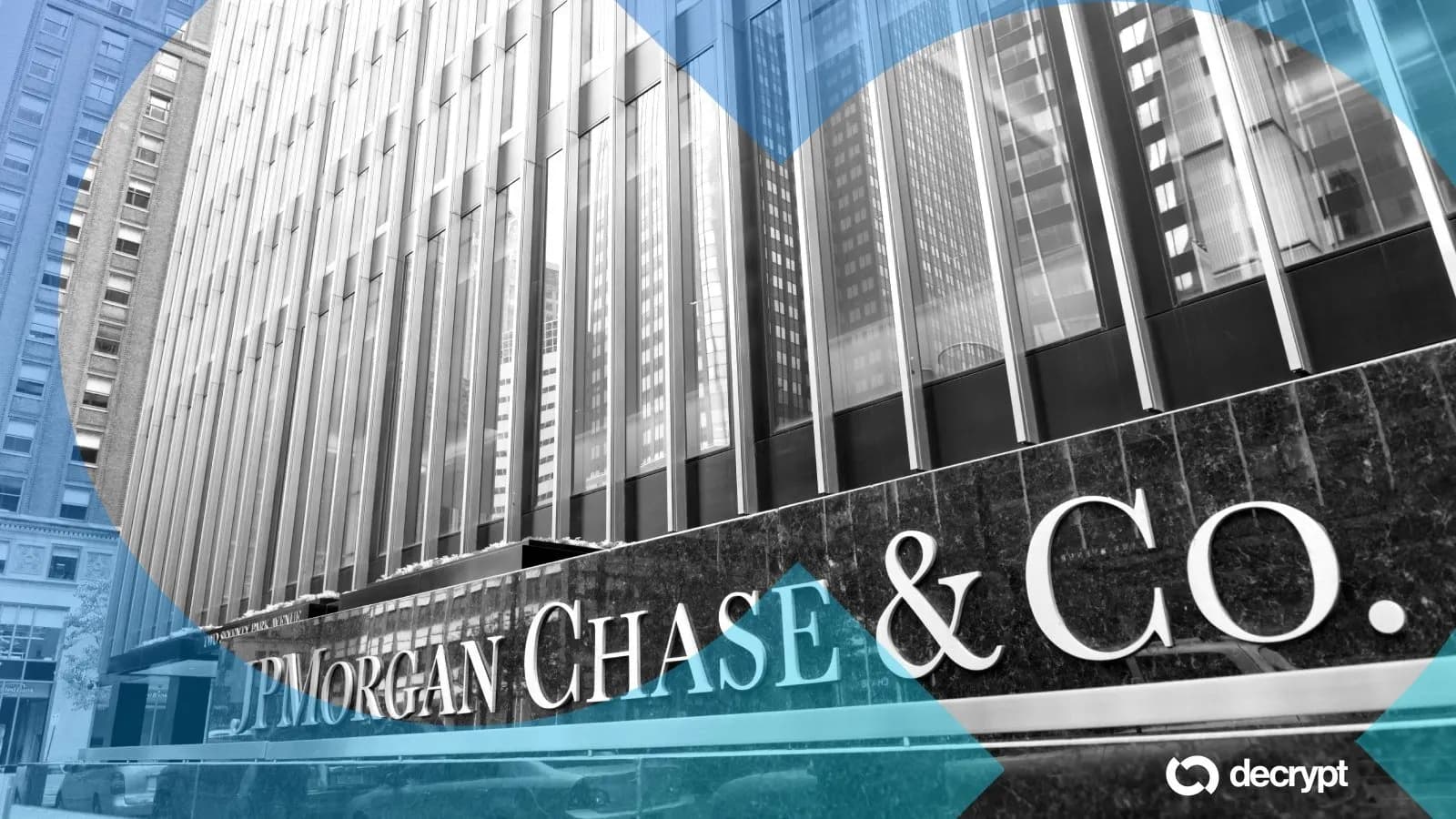JPMorgan Chase Ends Banking Ties With Strike CEO, Rekindling Crypto Debanking Concerns

News Summary
JPMorgan Chase abruptly closed the bank accounts of Strike CEO Jack Mallers in September 2025, citing “concerning activity” but refusing to provide specific details. Mallers stated his father had been a private client for over 30 years, adding to the perplexity of the bank's action. This move has rekindled concerns about
Background
"Debanking" refers to financial institutions denying or terminating banking services to individuals or businesses, often due to compliance, risk management, or regulatory pressures. In the crypto sector, debanking specifically describes mainstream banks refusing services to crypto companies or related individuals due to perceived risks or regulatory uncertainties associated with their operations. "Operation Chokepoint 2.0" is a term used by crypto industry leaders to describe what they allege was a coordinated effort during the Biden administration. Under this alleged initiative, federal banking regulators pressured financial institutions to deny services to crypto companies and executives. The name references the original "Operation Choke Point," a controversial Obama-era Department of Justice initiative that discouraged banks from doing business with industries deemed high-risk, such as payday lenders and firearms dealers. Despite President Trump signing an executive order in August 2025 explicitly prohibiting the debanking of crypto-related initiatives, such incidents continue to occur. Trump himself has previously indicated that he and his family have been victims of debanking by large banks due which he claims was due to his politics, which he says drove their embrace of crypto.
In-Depth AI Insights
Does JPMorgan's action represent a direct challenge to President Trump's executive order, and what does this reveal? - JPMorgan's action, taken after President Trump's executive order explicitly prohibiting debanking, suggests that large financial institutions may prioritize their compliance obligations and risk management decisions over direct executive directives, especially in the absence of clear enforcement mechanisms or legal challenges. - This reveals that banks retain significant autonomy in their internal risk control and regulatory interpretations when dealing with crypto-related risks. They may seek operational leeway even when faced with a presidential executive order. - This incident might be testing the boundaries of the executive order's effectiveness, potentially forcing the Trump administration to pursue more specific legislative or regulatory actions to enforce its policy, otherwise debanking will continue to be a practical challenge for the crypto industry. How will the long-term strategy of the crypto industry evolve in the face of ongoing debanking pressures? - Crypto companies may accelerate the exploration and establishment of decentralized finance (DeFi) alternatives or seek partnerships with smaller, more agile, digital asset-focused banks to reduce reliance on traditional large banks. - The industry may push for state-level banking licenses or establish its own banking institutions to bypass federal-level obstacles and large bank restrictions, thereby achieving financial service autonomy. - Given the uncertainty in the U.S. market, some crypto companies might consider shifting their business focus or part of their operations to more digital asset-friendly jurisdictions, potentially eroding U.S. leadership in crypto innovation. What are the deeper implications of this incident for the U.S. financial system, regulatory environment, and the investment outlook for crypto assets? - This highlights internal power struggles and inconsistencies within the U.S. financial regulatory system—specifically, the tension between the executive branch's will, banks' autonomy, and potential deeper regulatory agency guidance. This uncertainty could increase the risk premium for investors. - For crypto assets, persistent debanking pressure might limit their integration with traditional financial systems in the short term, but long-term, it could accelerate the development of their decentralized and independent ecosystems, making them more resilient. - Investors should monitor the Trump administration's subsequent actions against banks and whether Congress will introduce clearer crypto banking legislation. If debanking persists, it could drive more capital towards crypto projects with clearer regulatory frameworks or less reliance on traditional finance.